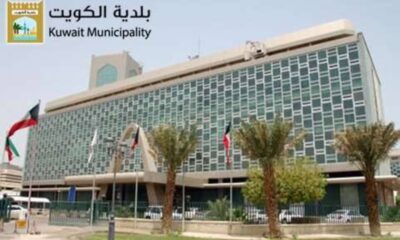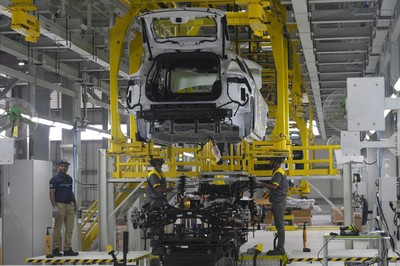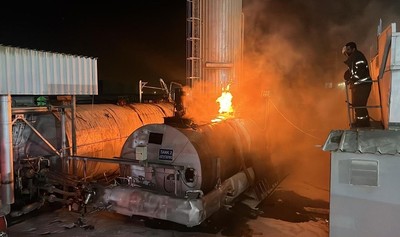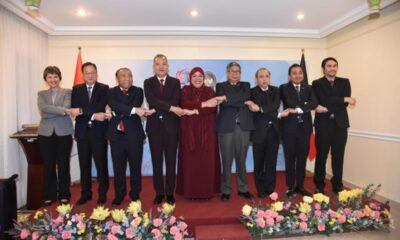Business
Vietnam automaker Vinfast opens factory in India, eyeing growth in Asia
-

 Politics23 hours ago
Politics23 hours agoVideo of Sleeping Expat Employee Sparks Termination and Police Complaint
-

 Politics13 hours ago
Politics13 hours ago61 fire safety violations found in Kuwait’s Mubarakiya Market inspection
-

 Latest News20 hours ago
Latest News20 hours agoGraduation ceremony marks the completion of ‘Tamooh’ program
-

 Latest News23 hours ago
Latest News23 hours agoMunicipality launches app to streamline services and address public complaints
-

 Latest News12 hours ago
Latest News12 hours agoToday in Kuwait’s history | Kuwait Times Newspaper
-

 Latest News22 hours ago
Latest News22 hours agoKuwait highlights role of AI and digital transformation
-

 Latest News14 hours ago
Latest News14 hours agoNod to conditional foreign ownership of property in Kuwait
-

 Politics3 hours ago
Politics3 hours agoHearing put off in wife murder case
























